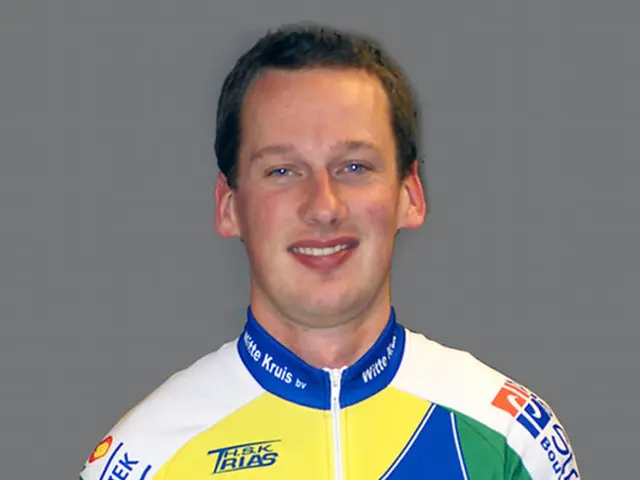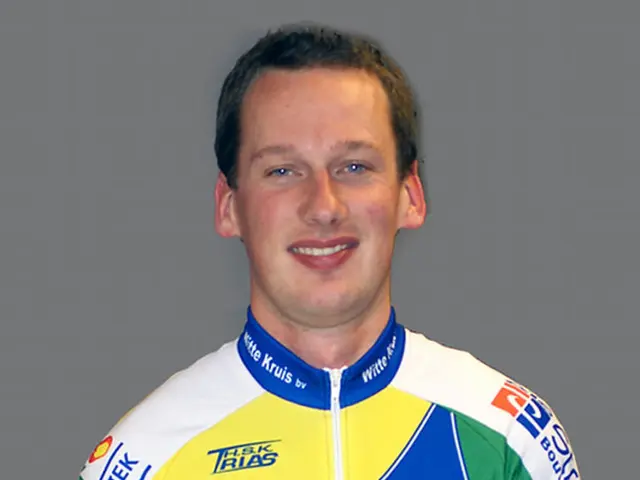Is it necessary to exhibit self-centered tendencies to excel in golf play?
In a recent golf event, Matt faced a unique challenge as he navigated the fine line between helping his fellow players and maintaining his own performance.
Matt started the event on a high note, with an eagle and several long putts in the early rounds. However, his back nine performances told a different story. His +12 score felt worse than it looked on the course, as his tempo collapsed under pressure. He was rushing, skipping parts of his routine, and hitting poor chips and long-range putts.
A fast, low-handicap group behind Matt started pressing, waiting on tees and approaches. Some golfers might find this situation overwhelming, but Matt tried to balance his game with his duty to his playing partners. He paid attention to them after each shot, offering encouragement and advice when appropriate.
However, Matt's efforts to help his partners took a toll on his own game. He spent more time looking for lost balls, and his focus began to waver. This is a common issue for golfers, as some refuse to play with beginners because they struggle to maintain focus on their own game.
Experts recommend a balanced approach to playing with partners. Maintaining a balance between active participation and focused personal play is key. This includes managing mental presence, using tactical pairing strategies as seen in Ryder Cup team formations, and applying psychological techniques to stay concentrated while supporting teammates.
Breathing techniques, like rectangular breathing, can help manage panic and prevent a game from spiraling. In challenging situations, such as struggling playing partners, "parachute drills" can be used as emergency measures to clear the mind.
Matt's pupil has been focusing on the mental side of his game, including routine, acceptance, and trusting the process. He has introduced an anchor, such as a tap of his head cover, to initiate his pre-shot routine. The routine involves standing behind the ball in the "Think Box" to consider shot intentions, rehearsing the swing or stroke, then pointing the club at the horizon above the target and breathing deeply before walking into the "Play Box" to address the ball and pick a mini target.
Despite the challenges, Matt continues to work on his game. He has learned the importance of maintaining a balance between being great company on the course and playing his best. He has also learned to say no to playing with individuals who negatively impact his game.
In the end, Matt's experience serves as a reminder to all golfers: while it's important to help and support our playing partners, we must also take care of our own game. After all, a well-played round of golf is a shared victory for everyone on the course.
Read also:
- United States tariffs pose a threat to India, necessitating the recruitment of adept negotiators or strategists, similar to those who had influenced Trump's decisions.
- Weekly happenings in the German Federal Parliament (Bundestag)
- Southwest region's most popular posts, accompanied by an inquiry:
- Discussion between Putin and Trump in Alaska could potentially overshadow Ukraine's concerns






